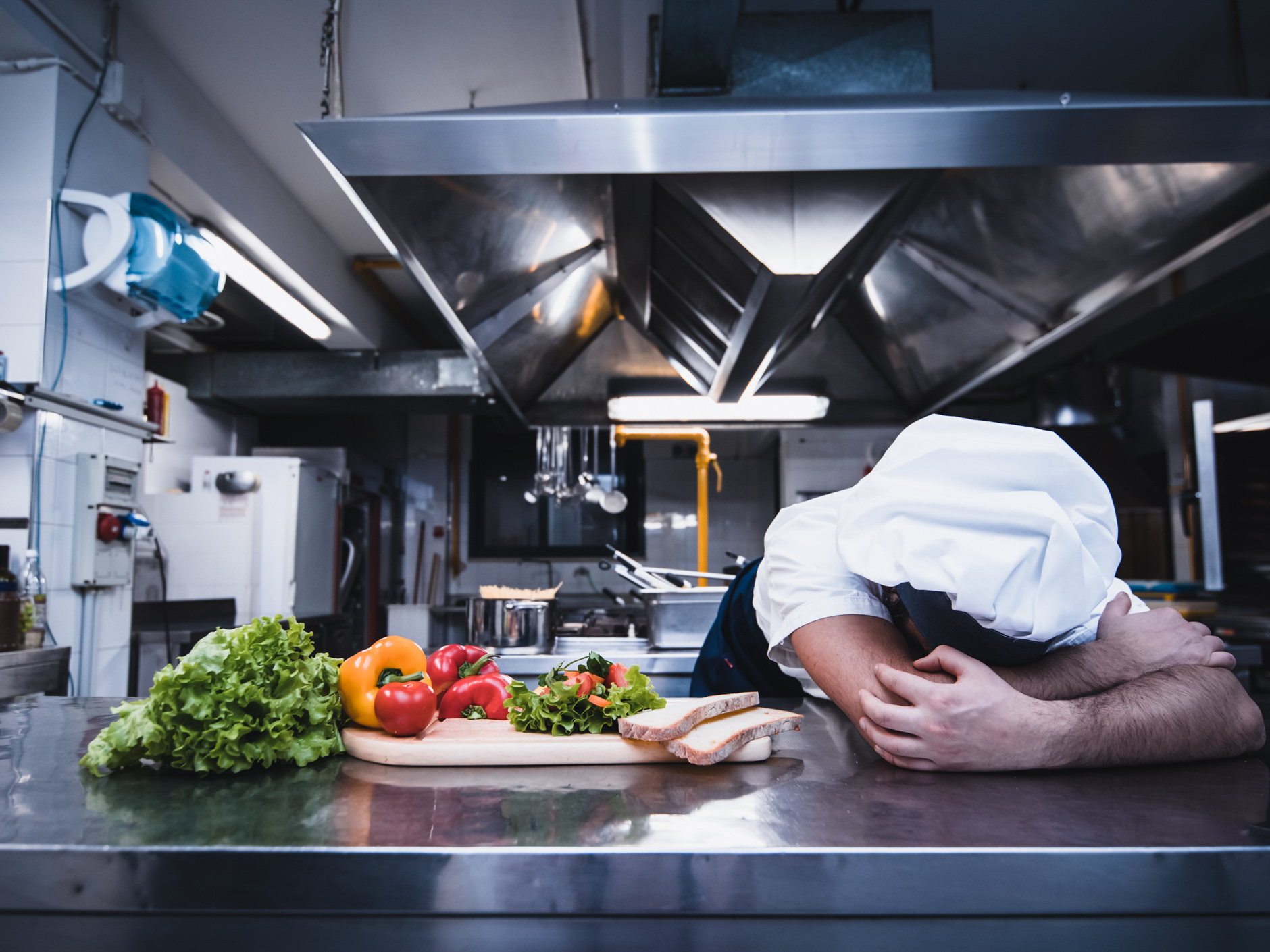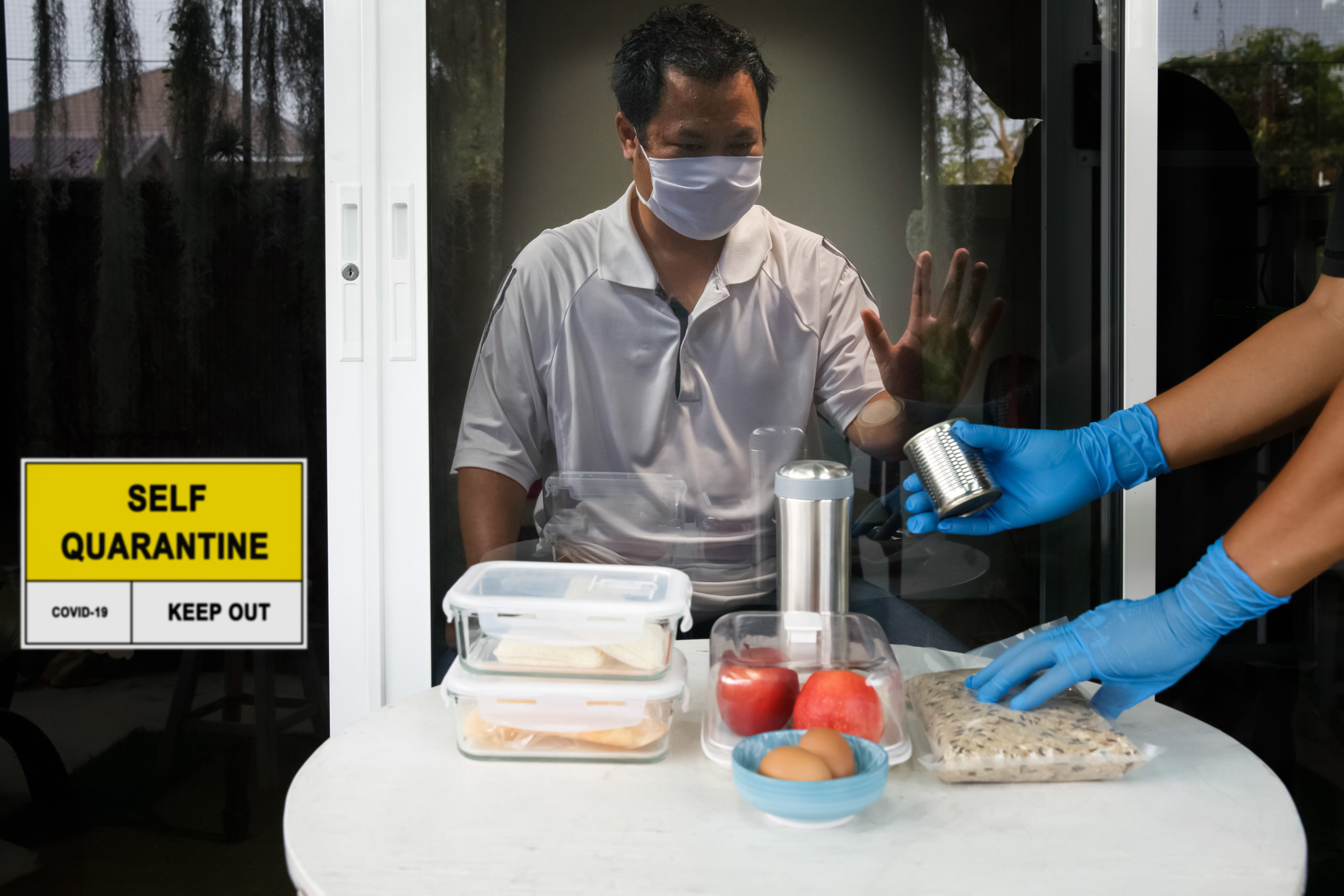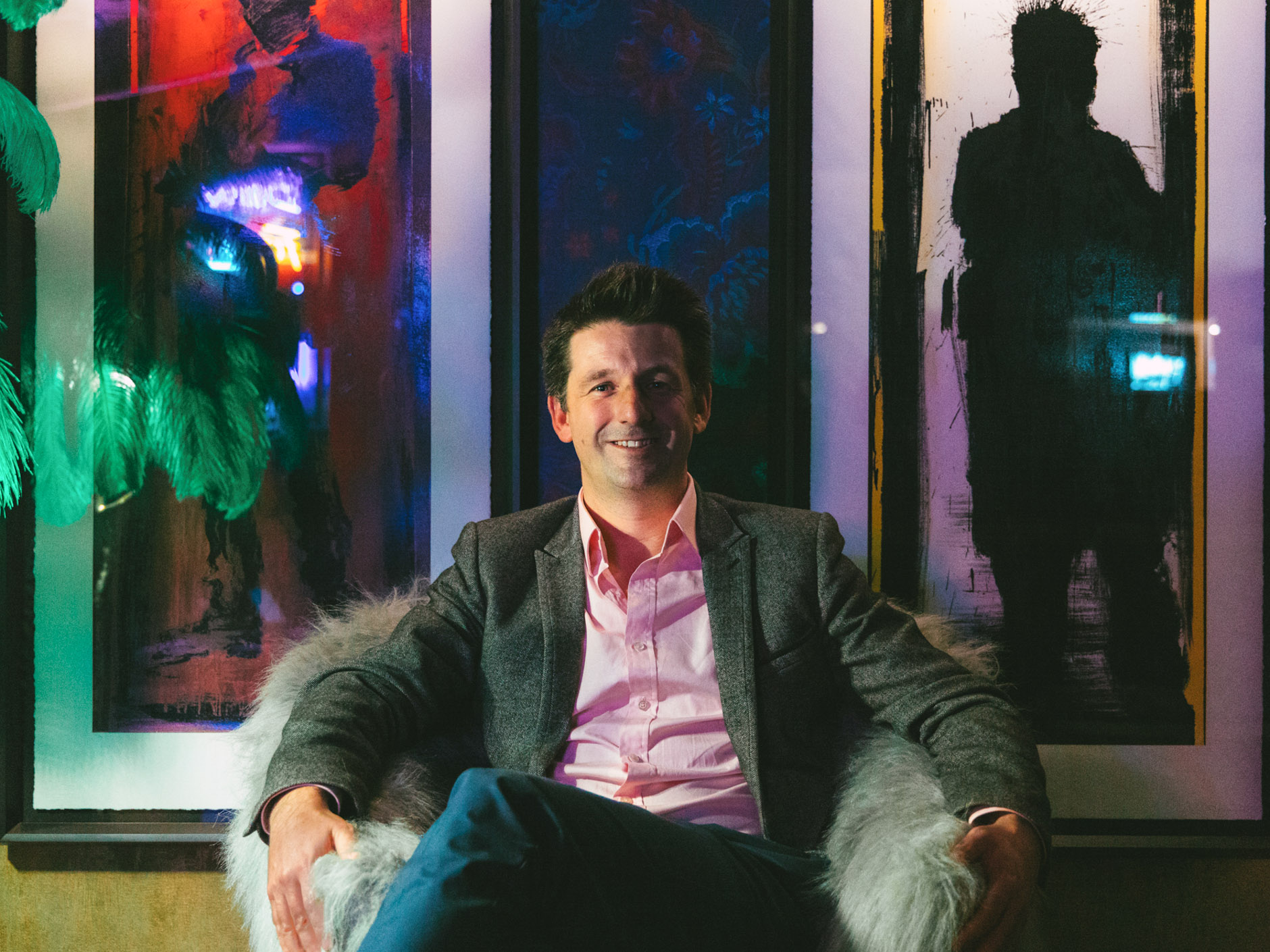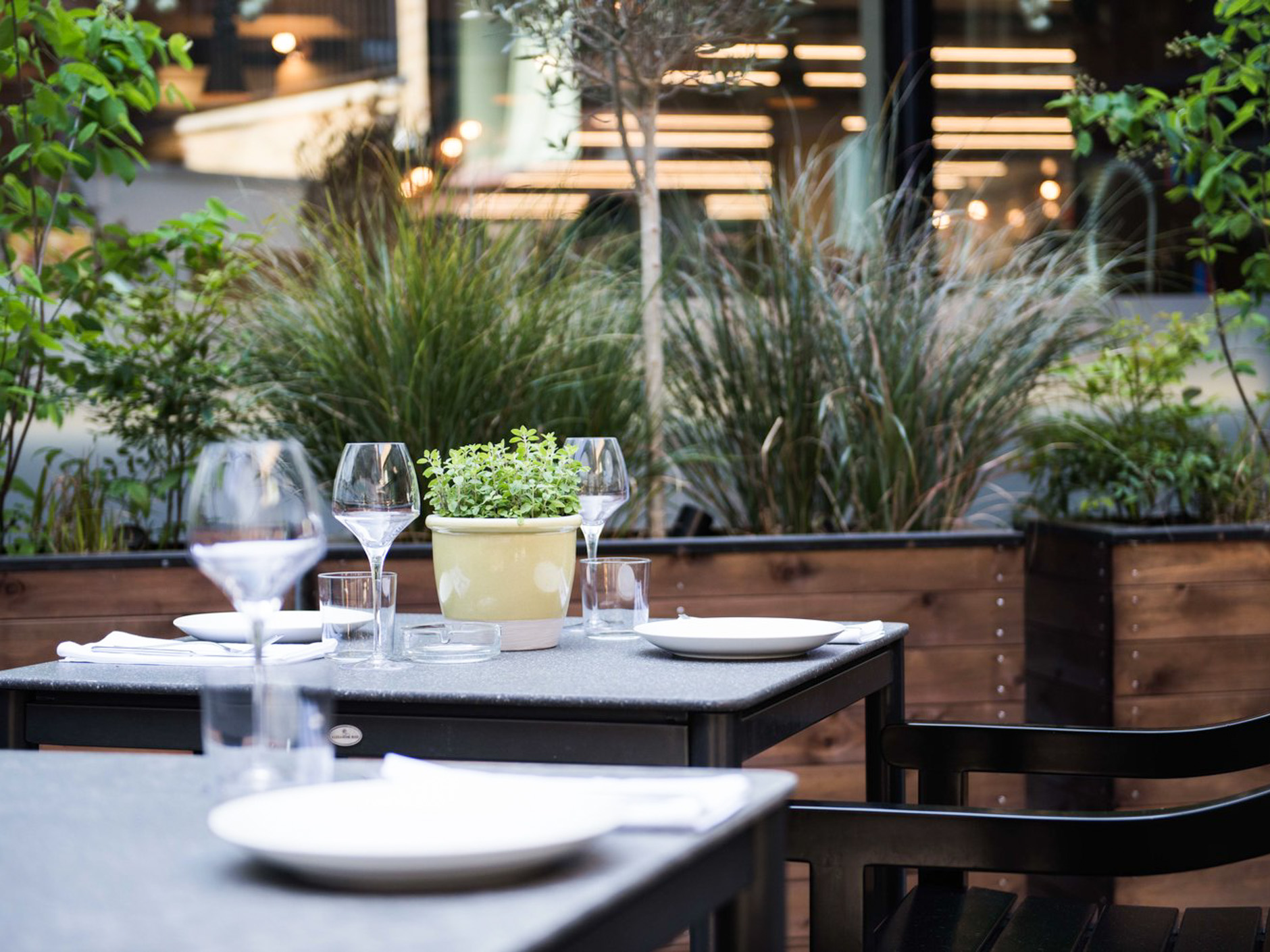It seems there isn’t a single restaurant, pub, bar or coffee shop in the UK that isn’t desperate for staff at the moment. This may be in part down to Covid, or Brexit, but there are entrenched, deeper reasons within the working culture that we must address if the hospitality industry is to survive.
Many years ago, whilst working front of house, I had a manager tell me “no one is paid enough.” He said it in that unique condescending tone that managers can slip into with such sublime ease. At the time it almost sounded proverbial, as if Confucius himself once uttered this great, banal platitude. It was an equaliser. Our team looked around, we smiled and we all understood: we were all in this boat called ‘hospitality’ and to quote another banal platitude, the industry “is what it is.”
I’d only later understand the true motivation behind this pep talk: it was simply a system of control. It was his way of saying even if I paid you more, which I won’t, your conditions, your hours and the entire structure of everything you do here won’t improve. So don’t even ask for a raise.
When I was 13, like many of my peers, I was drawn in by the TV chefs. Ainsley Harriott and Jamie Oliver first, then the inevitable Ramsay and his show The F Word. I’d be lying if I said it didn’t impress me: the shock and awe of it all, the food, the respect from diners, the confrontations. It felt so glitteringly unreal and alien to the world I knew. Even the barrage of what we would now recognise as abuse, it was all so tantalising. I’m almost ashamed to say that I wanted a mentor in the kitchen who was like that. To cook well and earn the respect of a chef of that calibre – who wouldn’t?
This story has been played out too many times. It simply can’t go on
I don’t mention these snippets from my past for nostalgia’s sake. It’s more to set the scene and to remind you, dear reader, that for the last 40 odd years, our beloved hospitality industry has, by and large, treated people like crap. It has celebrated how crap it treats people and this ethos largely remained unchallenged (until recently). Marco famously slashed open an assistant’s trousers and jacket with a knife when they complained about the heat. But such behaviour didn’t stop there. The self-perpetuating cycle of machismo continued with Marco’s protégé Ramsay and then onto the next generation of chefs, and on and on, until most recently with the allegations in Tom Kitchin’s kitchen. This story has been played out too many times. It simply can’t go on.
I vividly remember my first part-time job. I was 16 and I got a job in a pub. I was at the bottom of the pecking order within the brigade and at the bottom of the barrel of the industry (and brigade is a generous term: this team were a group of hateful, barely functioning alcoholics who usually survived service having consumed a contradictory concoction of cocaine and marijuana).
Starting as a cook at that age, I was bright-eyed and bushy tailed. I was desperate to learn and to be taught and to absorb – this is what everyone did, what you had to do, start right at the bottom and try to climb. At the time I was also in catering college. I was instilled with a young, fresh-faced hope of what the industry could be: creative, fulfilling, skilful – almost to the point of artful – and brimmed with a shared camaraderie at the joyful idea of creating craveable, delicious food.
My evening and weekend shifts though were the antithesis of this vision: a torrid, twisted reality that burst my idealistic bubble. My job welcomed me at knifepoint (literally) to the worst bits of our industry. The gunk and grime that you scrape off the bottom of the barrel, that was this. It was a far cry from the glamour of the TV world I saw. It was pedantic, meagre and yet I had subconsciously learned it was all necessary. This is the industry, and it is what it is.
The working conditions were tough. A stream of incessant bile, intense, drug-fuelled mood swings, and threats were all a regular occurrence and spewed from multiple sources within that kitchen. No-one was there to impart wisdom, or ensure the next generation of chefs is developed. No-one was there to achieve the dreams of the owner, to realise a vaulting ambition to become a recognised pub serving excellent food to discerning, hungry punters.
To everyone working there, and eventually to me, it was work. A pay check; a pedestrian, an ambitionless means to an end. For some, the job was a way to fund a habit as well as a place to partake, as they saw it, with no consequences.
There’s no escaping the fact that this place was objectively shite. But I’d later learn it was fairly indicative of the working conditions throughout the UK in the industry. The phrase “If you can’t stand the heat then get out the kitchen” has probably done more harm to hospitality than any other in existence. There’s just a level of accepted abuse that is somehow tolerated in hospitality, ingrained into us by those TV shows, as not only completely normal, but more insidiously, expected.
more must be done by the hospitality industry to improve conditions if it is to attract and retain talent
Now that I’ve grown and experienced the other side I find myself thinking, in what other business, what other job could anyone get away with this kind of behaviour? Physical threats, abuse, psychological torment and the never-ending pressure simply wouldn’t be tolerated at, say, a bookshop, or in a nursery, or an office for furniture sales.
It’s easy for me to sit here and write this, and maybe restaurants and hotels don’t really want to read this, but as an industry in the midst of a staffing crisis, it’s time for a harsh truth: for those that never helped move the culture forward, you reap what you sow.
For most of the last 40 years many parts of our industry, have been treating its workforce like human garbage. Overworked, underpaid, disposable, replaceable, uninterested garbage. Now that furlough has ended and we’ve blundered out of the EU, is it any wonder you’ve lost a chef, or a waiter, or even a whole team?
Whilst some of the immediate workforce shortage is due to the badly-handled bungling of Brexit and of course Covid, more must be done by the hospitality industry to improve conditions if it is to attract and retain talent. More must be done to ensure the gender pay gap doesn’t exist in the business. More to encourage people of all backgrounds into kitchens and onto restaurant floors. More to improve the appeal, the culture and the perception of our industry.
Many are doing this already of course. If (and I doubt it) you are Jeremy King, Fergus Henderson or Asma Khan then pay me no heed, carry on being brilliant; but for everyone else, maybe it’s time we take a good long look at working conditions. Pay. Policies. Bonuses. Perks. Hours. Incentives. What is the culture you are developing? If you are still recruiting for that chef or waiter role, after all these months, is it that there aren’t any good people, or perhaps what you are offering simply isn’t good enough anymore?
I know our industry is moving forward. Conditions are slowly improving and some of the leading lights (such as Le Manoir’s Raymond Blanc) are calling on hospitality to reinvent itself as an industry. In the age of the individual, staff are also more able and empowered than ever to call out abuse when it occurs and share information on the best companies out there – but there is so much more to be done.
This recruitment crisis will, I hope, be a watershed moment for businesses, as well as a clarion call for staff to demand and expect real change. 2021 and 2022 needs to serve as a moment to reflect on just how appalling some conditions have been and how much better those in charge have the power to make them.
Cover photo licensed by Adobe.
November 2021






